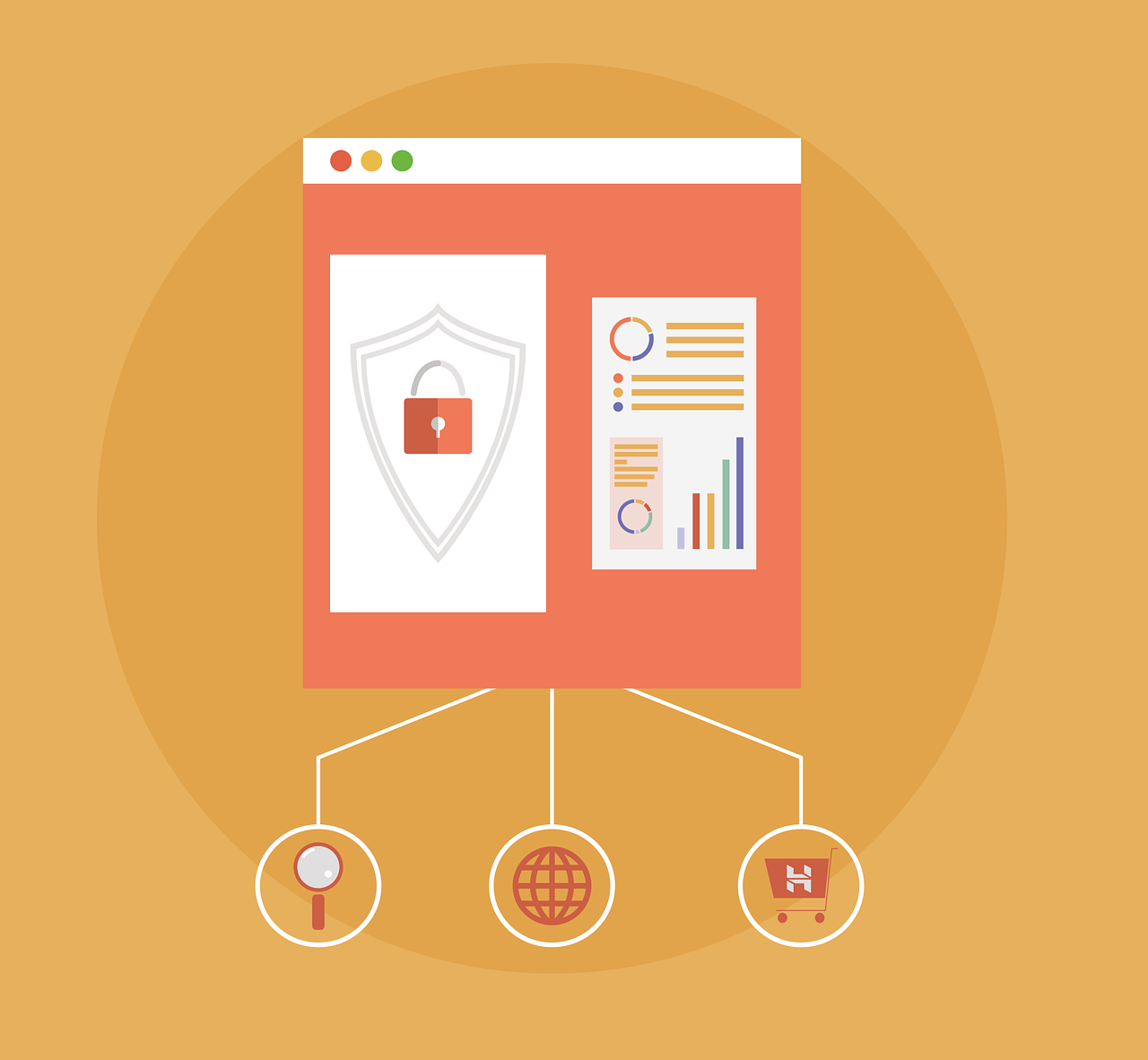Do I need SSL? We would like to answer these questions in detail in this article. But first, you should also ask yourself: Do I need to wear my seatbelt when driving? Do I need to wear protective glasses when observing the solar eclipse? To these questions, the answer is an unequivocal YES! But why is that and why do all our ideaApriori ONLINE packages already include an SSL certificate? If you are running a website in 2020, you need SSL encryption. Nowadays, an SSL certificate is no longer a luxury, but an absolute necessity.
Here are the five most important reasons for using an SSL certificate
1. SSL protects data
The core function of an SSL certificate is to protect server-client communications. When SSL is installed, every bit of information is encrypted. In layman’s terms, the data is encrypted and can only be decrypted by the intended recipient (browser or server), since no one else can have the key to open it. When dealing with sensitive data such as IDs, passwords, credit card numbers, etc., SSL helps protect you from the malicious army of hackers and skimmers. Since SSL converts the data into an indecipherable format, hackers’ abilities prove to be a blunt sword against the unsurpassable encryption technology of SSL certificates. For this very important reason, websites without SSL encryption violate the current EU GDPR (General Data Protection Regulation).
2. SSL confirms your identity
The second main task of an SSL certificate is to authenticate you to a website. Identity verification is one of the most important aspects in terms of web security. There is no doubt that the Internet is increasingly deceptive. Even today, there are daily examples of people losing thousands of dollars via fake websites. This is where the SSL certificate comes into play. Detailed guide to encrypting a website If you want to install an SSL certificate, you will have to go through a validation process set by an independent third party called a Certificate Authority (CA). Depending on the certificate type, the CA verifies the identity of you and your organization. Once you’ve proven your identity, your website receives trust indicators that vouch for your integrity. When users visit your website, they can see who they are dealing with. So, this verification ensures that no fraudster creates a fake website pretending to be yours. Technically, this is called phishing. In this way, SSL helps users get to your real website, protects users from fraud and increases your reach as SSL is also a must for Google.

3. better search engine ranking
In 2014, Google made changes to its algorithm to give HTTPS-enabled websites a ranking advantage. This is according to various studies conducted by SEO experts from all over the world. One of these studies, shows a strong correlation between HTTPS and higher search engine rankings. Who doesn’t want to be on the first possible places in Google search? With an SSL certificate, your website has no handicap!
4. SSL helps you meet PCI/DSS requirements
If you accept online payments on your website, you also need to know a few things about PCI/DSS requirements. In order to receive online payments, your website must be PCI compliant. Installing an SSL certificate is one of the 12 main requirements set by the payment card industry (PCI). Therefore, SSL is essential – whether you want it or not.
5. SSL increases customer confidence
Aside from encryption and authentication, SSL certificates are critical from a customer trust perspective. The easily identifiable characters inform users that the data they are sending is secured. And if you have an OV or EV SSL installed, they can see the details of your business. Once they know you’re a legitimate business, they’re much more likely to do business with you or even revisit your site.
Plus: Google makes SSL mandatory
In an effort to make web browsing safer starting in 2018, Google has decided to flag those websites that don’t have an SSL/TLS certificate installed on their site. If someone violates this rule, all web browsers used worldwide, such as Google Chrome & Firefox Mozilla, will display the warning message “Not secure” in the URL bar.
